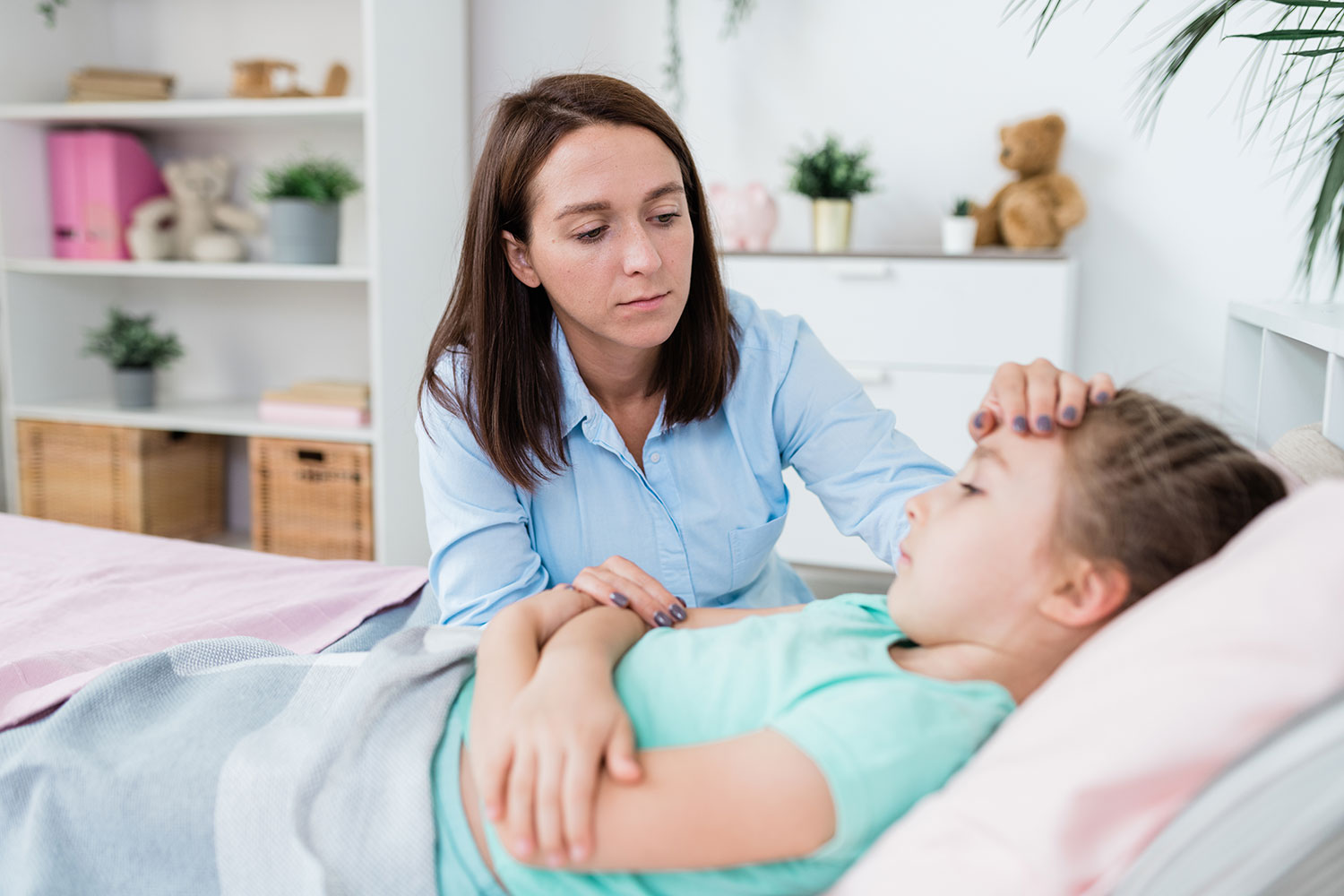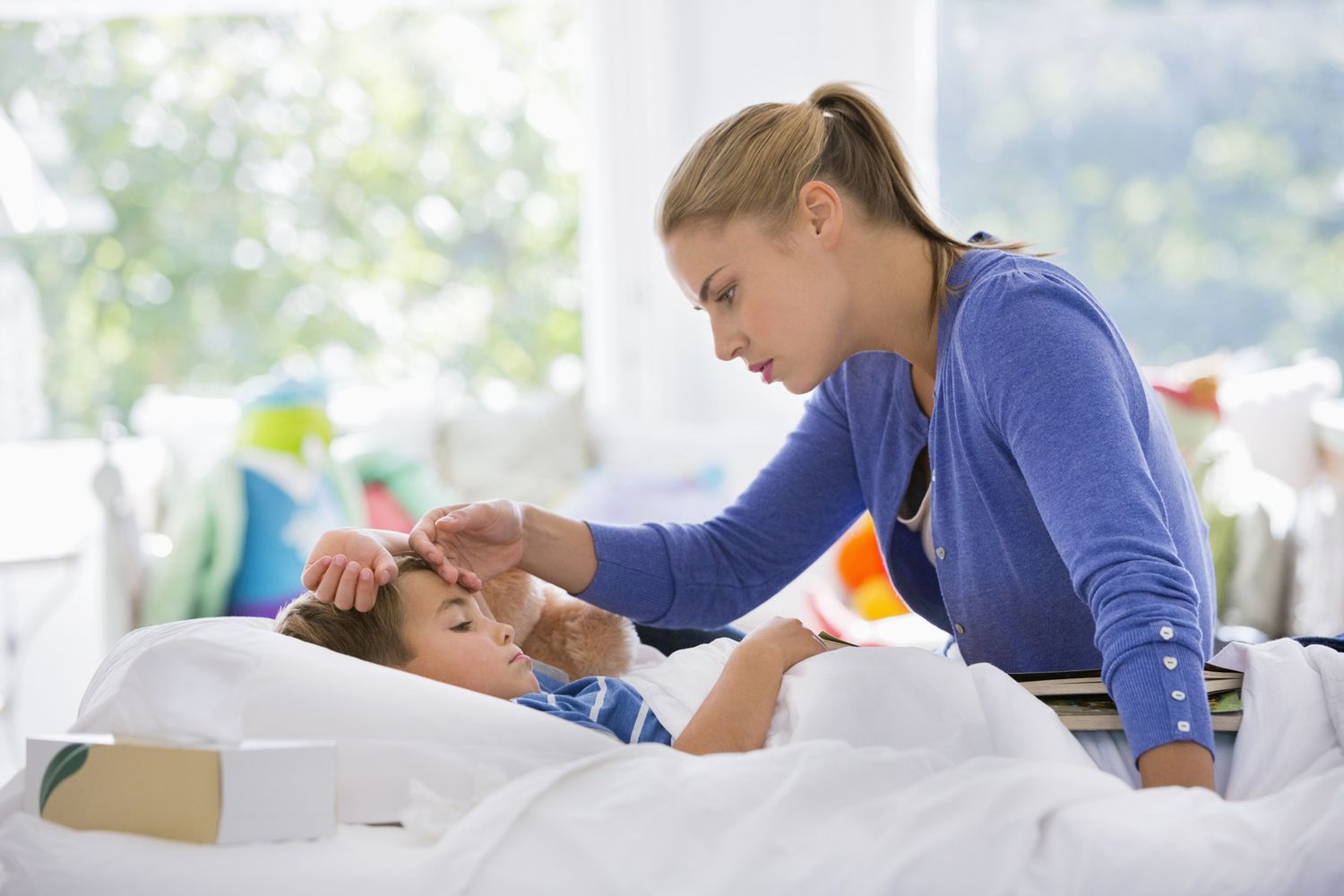Coping with kids’ fever can be a daunting experience for parents, especially in a bustling city like Singapore where the climate and environment can exacerbate common childhood illnesses. In this article, we delve into practical tips and strategies for parents in Singapore to effectively manage their children’s fever, ensuring their well-being and comfort during episodes of illness.
Understanding Kids’ Fever
Fever is the body’s natural response to infection or illness, characterized by an elevated body temperature. In children, fever is typically defined as a body temperature above 37.5°C when measured orally or above 38°C when measured rectally. While fever itself is not a disease, it often indicates that the body is fighting off an infection.
Common Causes of Kids’ Fever in Singapore
Singapore’s tropical climate and dense urban population make children susceptible to various infections that can cause fever. Common culprits include:
- Viral Infections: Respiratory viruses like the common cold and influenza are prevalent, especially during the rainy season.
- Bacterial Infections: Streptococcal infections, urinary tract infections, and bacterial pneumonia can lead to fever in children.
- Dengue Fever: Singapore experiences periodic outbreaks of dengue fever, a mosquito-borne viral illness common in tropical regions.
- Other Infectious Diseases: Hand, foot, and mouth disease (HFMD) and chickenpox are among the infectious diseases that can cause fever in children.

Practical Tips for Coping with Kids’ Fever
1. Keep Hydrated
Ensure your child stays well-hydrated by offering plenty of fluids such as water, diluted fruit juices, oral rehydration solutions, or clear soups. Hydration helps prevent dehydration and supports the body’s immune response.
2. Maintain a Comfortable Environment
Create a comfortable environment for your child by keeping the room cool and well-ventilated. Dress them in lightweight clothing and use fans or air conditioning to regulate temperature and promote comfort.
3. Encourage Rest
Encourage your child to get plenty of rest to help their body recover from illness. Allow them to take naps and avoid strenuous activities until their fever subsides.
4. Use Fever-Reducing Medications
Administer age-appropriate fever-reducing medications such as paracetamol (acetaminophen) or ibuprofen to help lower your child’s fever and alleviate discomfort. Always follow the dosage instructions provided by healthcare professionals.
5. Provide Nutritious Foods
Offer easily digestible, nutritious foods to support your child’s recovery. Opt for foods rich in vitamins and minerals to boost their immune system and aid in healing.
6. Monitor Symptoms
Keep a close eye on your child’s symptoms and seek medical advice if their fever persists or worsens, or if they experience concerning symptoms such as difficulty breathing, persistent vomiting, or signs of dehydration.
When to Seek Medical Attention
While most fevers in children are self-limiting and resolve without complications, it’s essential to know when to seek medical attention. You should consult a healthcare professional if your child:
- Has a fever above 40°C or persistent fever lasting more than three days.
- Exhibits severe symptoms such as difficulty breathing, lethargy, irritability, or seizures.
- Shows signs of dehydration, including decreased urination, dry mouth, or sunken eyes.
- Experiences persistent vomiting, severe headache, or an unexplained rash accompanying the fever.
Conclusion
Coping with kids’ fever in Singapore requires a combination of home care, fever management strategies, and vigilance for signs of complications. By following the practical tips outlined in this article, parents can effectively manage their children’s fever and ensure their well-being during episodes of illness. It’s essential to stay informed, remain calm, and seek medical advice when necessary to navigate the challenges of childhood fever successfully. With the right approach and support, parents can provide their children with the care they need to recover from fever and maintain good health.



